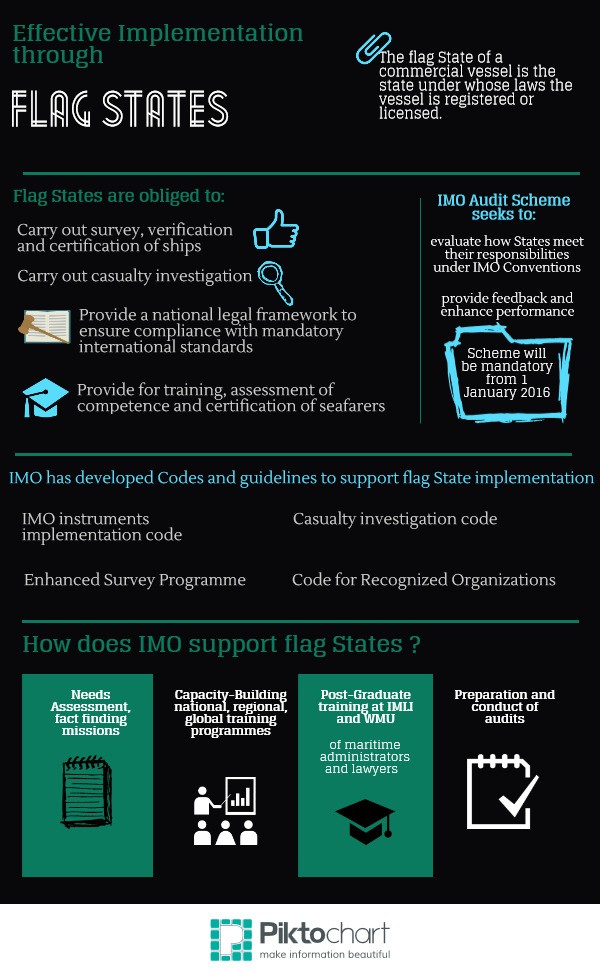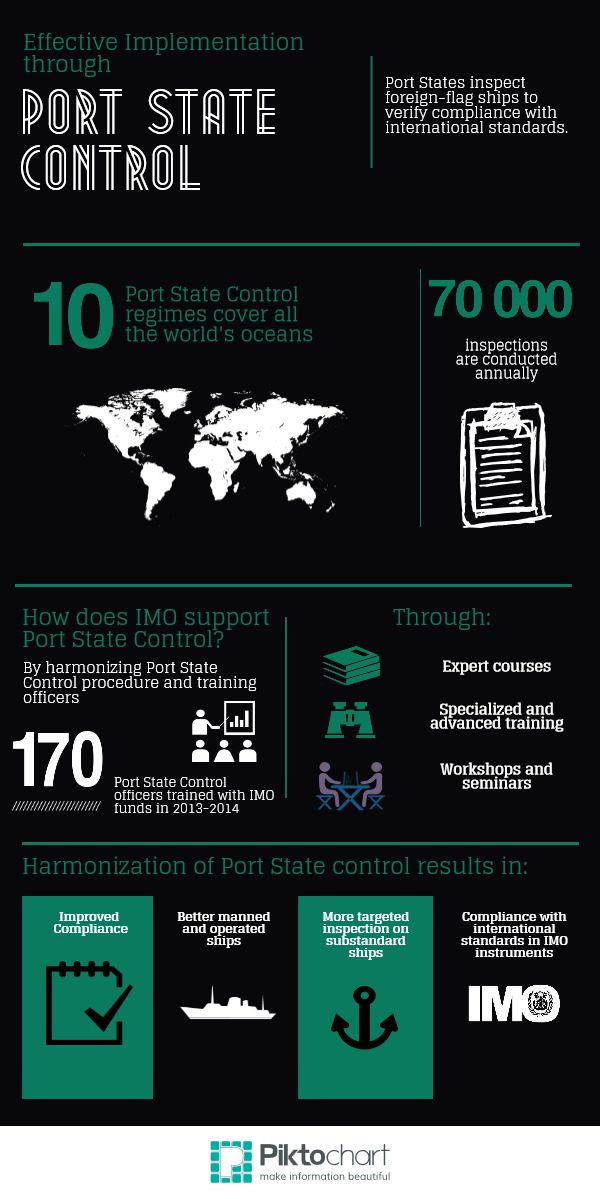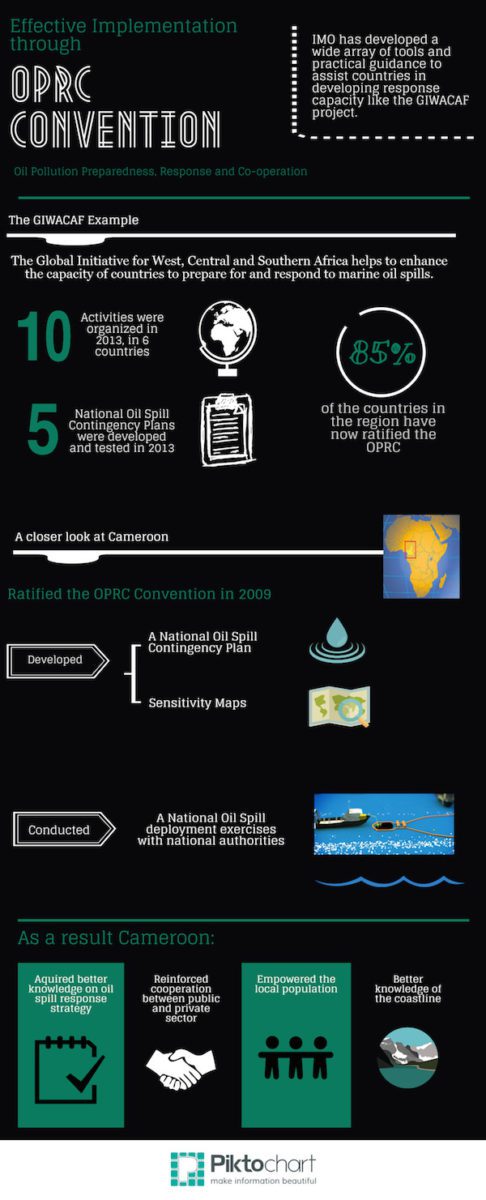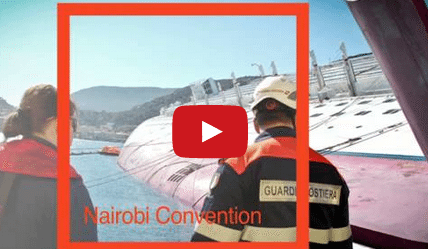Today, September 25th, marks the 37th annual World Maritime Day, a day established by the United Nations (UN) via the International Maritime Organization (IMO) and used to celebrate and focus attention on the importance of shipping safety, maritime security and the marine environment, particularly relating to aspects of the IMO’s work.
The theme of this year’s celebration is “IMO conventions: effective implementation”, expressing the hope that this year would see genuine progress towards effective and global implementation of all IMO conventions.
IMO has built up an enviable track record for developing and adopting new international conventions. Over the years, some 53 conventions in all have been adopted, which are aimed at either the prevention of accidents or environmental damage, mitigating the negative effects of accidents when they do occur, or at ensuring that adequate compensation is available for the victims of such accidents.
Nevertheless, adoption alone is only the first step of the treaty-making process. For conventions to truly be effective, adoption must be followed by entry into force and, subsequently, widespread implementation of measures put in place.
“Even those conventions that command almost universal coverage of the global fleet, such as SOLAS and MARPOL, only have teeth if they are backed up by an effective implementation infrastructure at the national level,” said IMO Secretary-General Koji Sekimizu in his World Maritime Day address.
Secretary-General Sekimizu notes that this year’s theme has provided an opportunity to shine a spotlight on those IMO treaty instruments which have not yet entered into force, as well as those for which ratification by more States would lead to more effective implementation.
Specifically, Sekimizu called attention treaties that are still to enter into force, including the International Convention for the Control and Management of Ships’ Ballast Water and Sediments, 2004; the Hong Kong International Convention for the Safe and Environmentally Sound Recycling of Ships, 2009; the Nairobi International Convention on the Removal of Wrecks, 2007; the 2010 Protocol to the International Convention on Liability and Compensation for Damage in Connection with the Carriage of Hazardous and Noxious Substances by Sea (HNS); and the Cape Town Agreement of 2012 on the Implementation of the Provisions of the 1993 Protocol relating to the Torremolinos International Convention for the Safety of Fishing Vessels.
While the implementation of IMO Measures is ultimately the responsibility of the Member States and the industry, Sekimizu notes, the Organization and the Secretariat also play a key role, specifically through IMO’s extensive technical cooperation programme in which IMO identifies particular needs among Member States that may lack resources, expertise or both, and match them to offers of help and assistance from others.
“During the course of this year, our theme has enabled us to make genuine progress towards ratification, entry into force and implementation of all IMO conventions – but especially those which have yet to be widely accepted,” Sekimizu said.
“And this is what IMO is really all about. Debates, discussions and resolutions in committees and sub committees are all very well: but it is how we apply what emerges from that process to the ships, ports and seafarers who operate daily at the “sharp end” of shipping that really matters.”




 Join The Club
Join The Club














